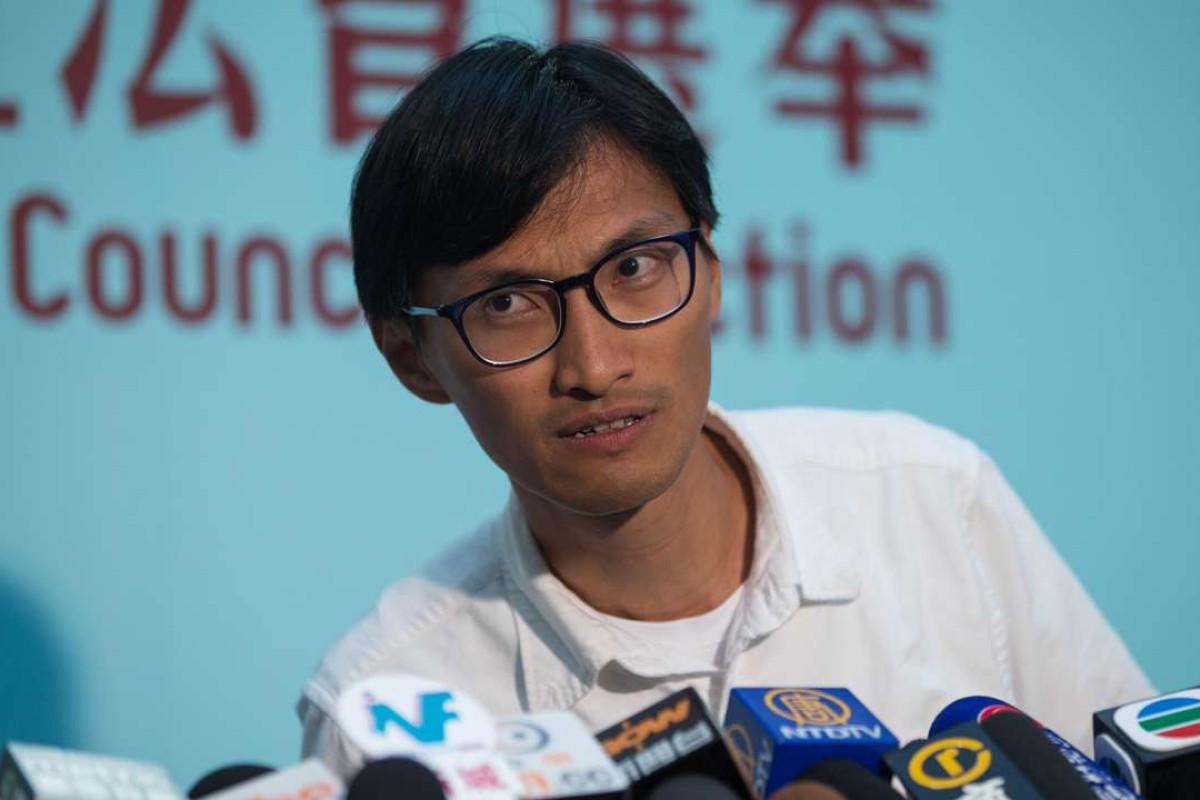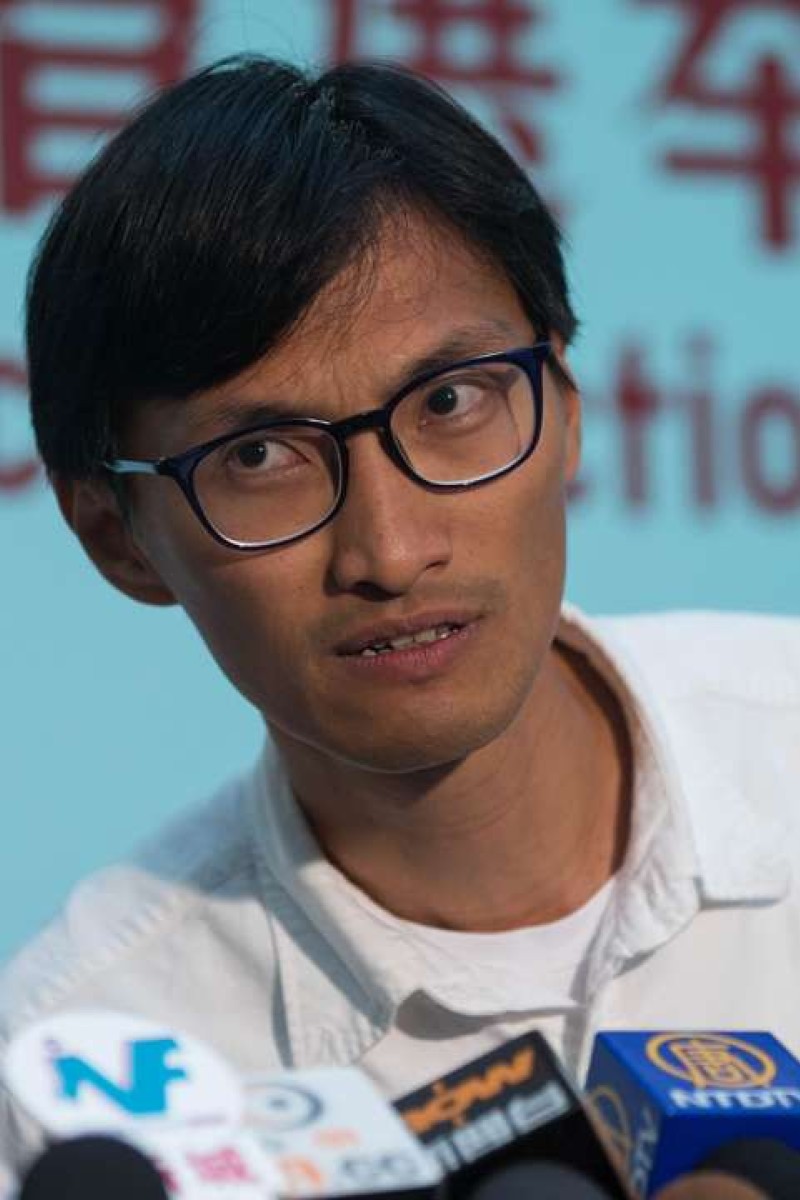 epa05524765 Independent legislative candidate Eddie Chu Hoi-dick listens to questions from the media at the Central Counting Station at AsiaWorld Expo in Hong Kong, China, 05 September 2016. A delay to the counting was caused by long lines at polling stat
epa05524765 Independent legislative candidate Eddie Chu Hoi-dick listens to questions from the media at the Central Counting Station at AsiaWorld Expo in Hong Kong, China, 05 September 2016. A delay to the counting was caused by long lines at polling statYoung activists seeking to change the way Hong Kong is governed by Beijing are the big winners of Sunday’s Legislative Council elections. A record turnout in the vote helped sweep the newcomers into office, most notably Nathan Law Kwun-chung, a 23-year-old former student leader of the Occupy protests that rocked Hong Kong in 2014. He earned the second-highest number of votes in his six-seat Hong Kong Island constituency.
Law’s party, Demosisto, founded earlier this year with teen protest leader Joshua Wong Chi-fung, wants a referendum on “self-determination” on the future status of Hong Kong.
“It shows how Hong Kong people want to change,” Law said after his victory.
“People are voting for a new way and new future of our democratic movement.”
In another surprise, official results showed that Yau Wai-ching, 25, of Youngspiration, secured a Legco seat. The party was formed during the 2014 protests and has a plan similar to Demosisto. The group’s other candidate, Sixtus Leung Chung-hang, 30, was also favoured to win.
The newcomers pulled off their startling victories by riding a wave of anti-China sentiment as they challenged pro-Beijing rivals with far more resources. They are part of a broader wave of radical activists who campaigned for Hong Kong’s complete autonomy or even independence from China. They differ from the established pan-democrat parties, who have demanded voters be able to elect the chief executive, but never challenged the idea that Hong Kong is part of China.
About 2.2 million people, or 58 per cent of registered voters, cast their ballots in the elections, the highest turnout since the 1997 handover.
Another new face, 38-year-old land reform campaigner Eddie Chu Hoi-dick, got 84,121 votes, the highest number of votes won by any candidate.
